When the SARS-CoV-2 virus spread and caused the first significant global pandemic since the 2009 H1N1 swine flu pandemic, many of the world’s most important social and economic sectors came to a standstill. One such sector was education. Teachers, administrators, and other employees of educational institutions scrambled to make ends meet in the absence of students. The students themselves, although not initially classified as a vulnerable demographic, eventually bore the mental and emotional brunt of living through a health crisis and having their school-related routines taken away from them.
The ramifications of the pandemic will be felt for a very, very long time. Knowing that, those who are in a position to protect the next generation of learners from further physical, mental, and emotional strain must already prepare to do so. To that end, here’s what educators can do to safeguard the wellbeing of students in Singapore schools. If everyone does their part, school communities can remain safe, healthy, and happy places for young pupils to learn in.
Enhance the Alternatives to Face-to-Face Schooling
Like other social and civic spaces, Singapore schools had to follow health measures like social distancing in order to curb the spread of COVID-19. This is true whether in public high schools run by the Ministry of Education or in private international primary schools in Singapore. Virtual instruction and online learning protocols were rolled out so that students would be less exposed to the virus and could continue their school activities from the safety of their home.
As of this time, there’s a consensus within the education community that online learning will be here to stay in some form. Though Singapore is eyeing a reopening of its local economy, schools must reflect the government’s cautious approach when transitioning back to full face-to-face schooling. That also means that there’s a lot of opportunities to strengthen online schooling programs for even better delivery of educational services. Educators can look into leveraging interactive play, socialization, and parent-assisted learning in ways that mimic the spirit of classroom learning. That way, students will not only be safer from the threat of exposure—they will also feel less like they are missing out on the best parts of their school life.
Explain in Simplest Terms the Rationale Behind Each Health Guideline
Another way that school staff can protect their students from COVID-19 is through health education. It’s up to educators, as well as parents, to cascade the Singapore government’s most current guidelines for combating COVID-19 to families.
Note that it may be easier for adults to understand the rationale behind the health guidelines that are currently in place. Conversely some students—especially those of a very young age—may have trouble understanding why they have to do certain things, like wear masks or keep a distance from their friends. In these situations, it’s good for educators and parents to determine age-appropriate language and concrete ways of demonstrating the value of mask wearing, cough and sneeze etiquette, hand washing, and social distancing. Above all, these adults must act as good role models for younger children in following best health practices and being considerate of the well-being of others.
Clean, Disinfect, and Air Out the Campus Grounds
In anticipation of students’ gradual return to campus—either in a hybrid learning setup or in full face-to-face classes when they are finally deemed safe—the school needs to be adequately prepared. The environment should be clean, sanitized, and well-ventilated so as to keep the virus from circulating in the air and from contaminating surfaces.
One thing that schools can fully control is their preparation for any imminent arrival of a group of students, parents, or staff. For the students’ protection as well as that of the adults, school administrators should keep a schedule and rules for entering the campus and ensure that campus grounds are properly cleaned and aired out.
Keep and Update Contact Information of Students and Their Families
Singapore’s aggressive contact tracing measures have demonstrated the importance of keeping people in the community fully in the loop about the status of their health. In the same spirit, schools can collect information about students and their families and let them know in real-time about COVID-related emergencies, like local community outbreaks.
It isn’t just an issue of disseminating information to students and their families; it’s also an issue of making sure the message arrives in a timely manner. Thus, teachers must remind parents to update their students’ contact information and inform the school of any major developments, like a change in phone number or address.
Watch Over Students’ Mental Health as Well as Their Physical Health
Lastly, educators must be able to watch out for their students’ mental health as well as their physical health. COVID-19 isn’t the only ailment that schools and families must watch out for during this health crisis. The disruption to their everyday routines, as well as feelings of loneliness and isolation, can affect the mental and emotional health of all students, whether they’re in preschool, elementary school, or secondary school.
Now more than ever, teachers should ensure that their students are eating well, getting enough sleep, and feeling adequately supported by their friends, family, and school personnel. The warmth and care for students’ wellbeing—something that they miss experiencing in person—must also be adapted for them in these trying times. If you are an educator looking to supplement your resources, you can read these additional guidelines for schoolchildren on how to keep safe from COVID-19. Stay abreast of the COVID-19 situation in Singapore and be on the lookout for how this will affect your students and your education program. Here’s to securing the safety of children and continuing to do the noble work of nurturing young minds.


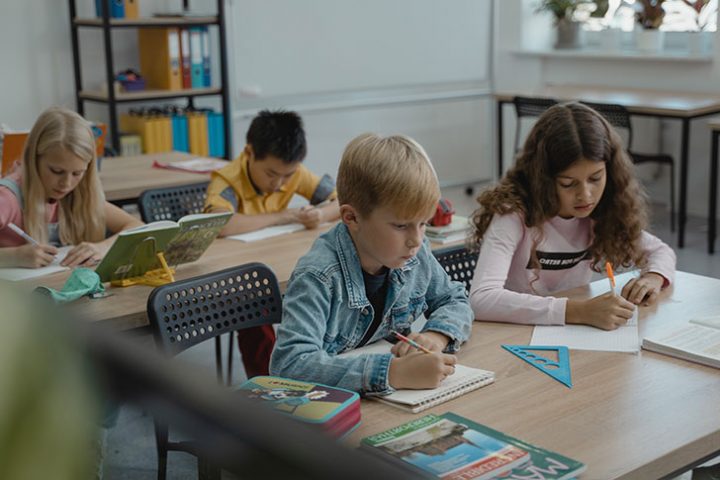
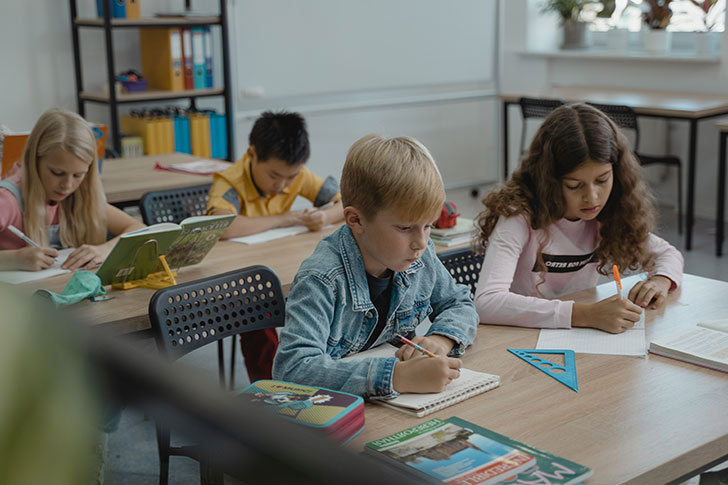
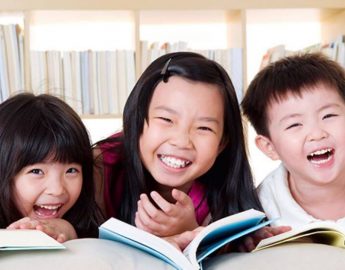





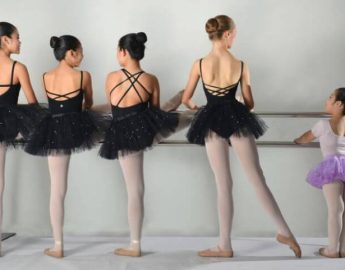

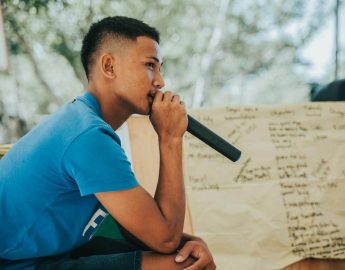

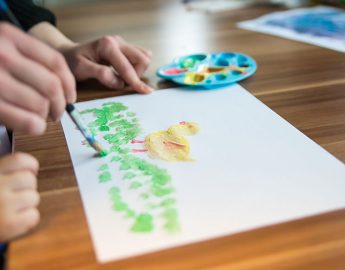

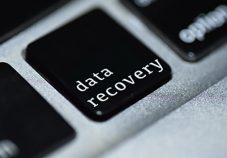





 10 Best Aircon Services in Singapore
10 Best Aircon Services in Singapore  Top 10 Trusted Maid Agencies in Singapore
Top 10 Trusted Maid Agencies in Singapore  The 7 Most Romantic Restaurants in Singapore
The 7 Most Romantic Restaurants in Singapore  5 Best Sofa Cleaning Services in Singapore
5 Best Sofa Cleaning Services in Singapore  10 Best House Movers in Singapore
10 Best House Movers in Singapore  10 Best House Cleaning Services in Singapore
10 Best House Cleaning Services in Singapore  Illuminate Spring with Blooms across Lendlease malls
Illuminate Spring with Blooms across Lendlease malls  2XU Compression Run 2025 Singapore
2XU Compression Run 2025 Singapore  Solo Travel and Mental Health: Discovering Wellness Through Independence and Adventure
Solo Travel and Mental Health: Discovering Wellness Through Independence and Adventure  5 Ways to Improve Your Business’s Energy Efficiency
5 Ways to Improve Your Business’s Energy Efficiency  7 Types of Smart Road Solutions That Help Improve Traffic Efficiency and Safety
7 Types of Smart Road Solutions That Help Improve Traffic Efficiency and Safety  5 Best Zi Char Places in Singapore for That Comfort Food
5 Best Zi Char Places in Singapore for That Comfort Food  7 Best Chilli Crab in Singapore to Die for
7 Best Chilli Crab in Singapore to Die for  5 Best Food Delivery Services in Singapore
5 Best Food Delivery Services in Singapore  3 Best Fish Spas in Singapore: So Fun & Relaxing!
3 Best Fish Spas in Singapore: So Fun & Relaxing!  5 Exciting Weekend Getaways Away from Singapore
5 Exciting Weekend Getaways Away from Singapore  10 Best Amazing Things to Do in Singapore
10 Best Amazing Things to Do in Singapore